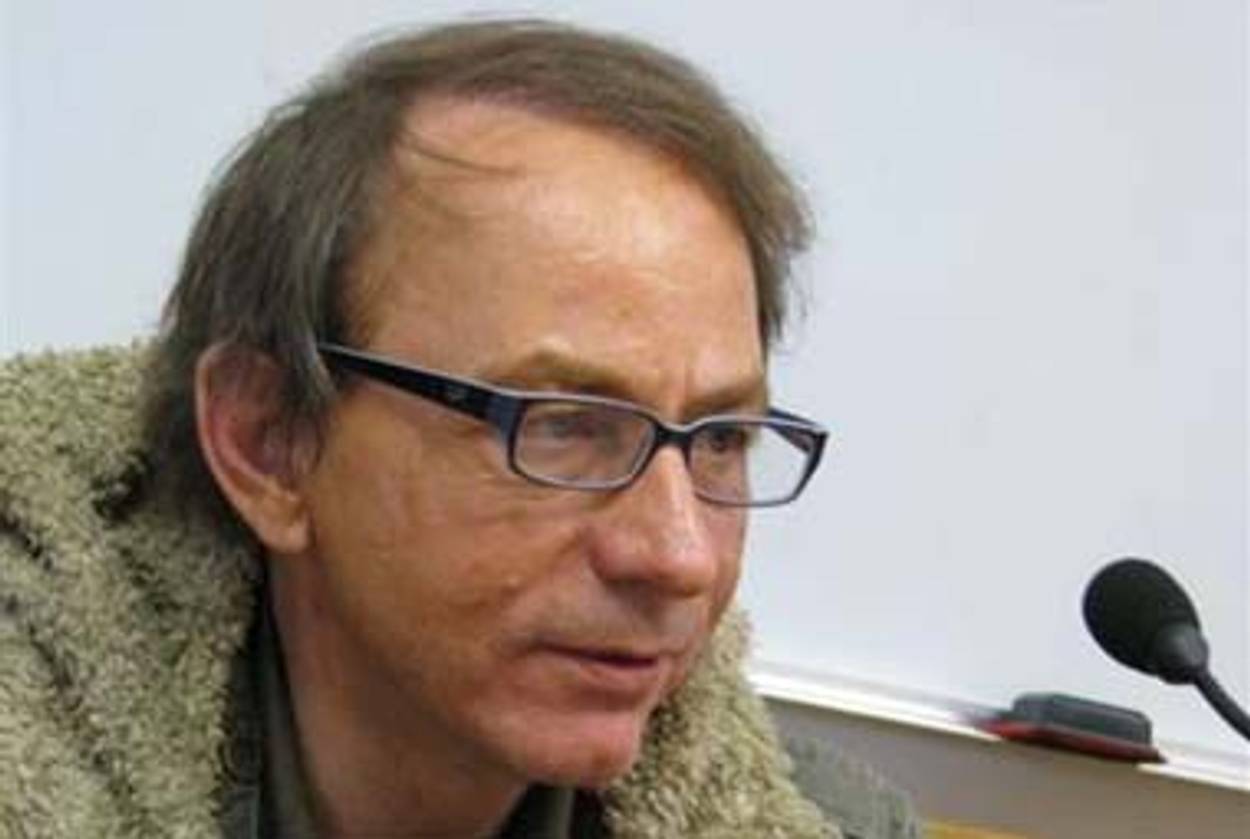Houellebecq Wins Goncourt, but the Argument?
Today on Tablet




Yesterday, French novelist Michel Houellebecq won the Prix Goncourt—France’s equivalent of the Pulitzer or National Book Award—for his latest, The Map and the Territory. It was his first Goncourt despite being arguably the most prominent (and certainly the most provocative) living French novelist.
Today in Tablet Magazine, new contributor Barry Gewen reviews Houellebecq’s exchange with another Frenchman who is his equal in prestige (though his superior in self-promotion), the philosopher Bernard-Henri Lévy. The two men’s epistolary jousting turns to the question of whether political action is obligatory, or even anything other than futile:
Houellebecq refuses to be a battler for justice in Lévy’s mold. He wants only to be left alone to selfishly pursue his modest vices. Men are not “morally admirable” creatures, he tells Lévy; they are all too ready to form a mob, to turn themselves into savages for the sake of some cause or movement. Later, Houellebecq will compare mankind to bacteria, an image Lévy rejects as misanthropic and “repugnant,” but Houellebecq has already twisted the knife with a paradox that must have caused Lévy immense pain: “I find it extremely unpleasant that choosing to take the standpoint of selfishness and cowardice may, in the eyes of my contemporaries, make me more likeable than you who advocate heroism; but I know my peers and that’s precisely what will happen.”
Marc Tracy is a staff writer at The New Republic, and was previously a staff writer at Tablet. He tweets @marcatracy.